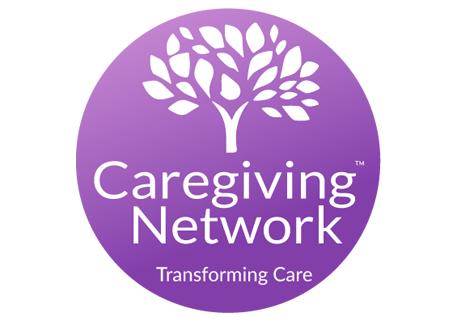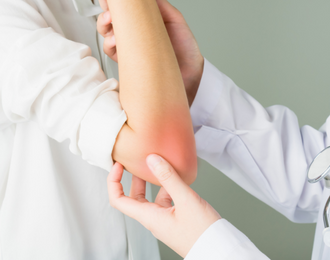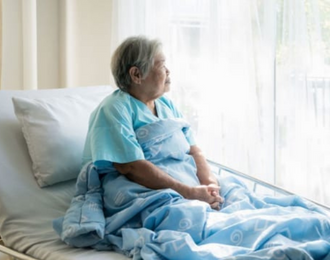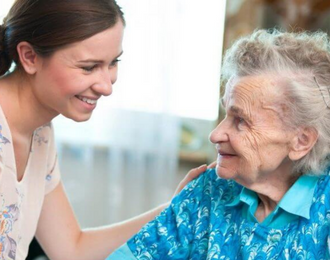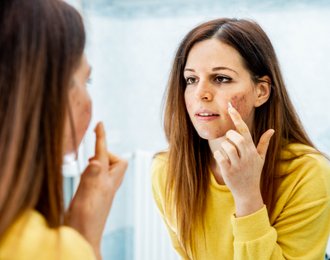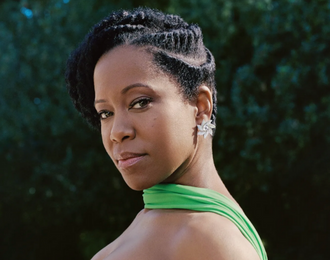Skincare for Seniors: Common Skincare Issues & Prevention
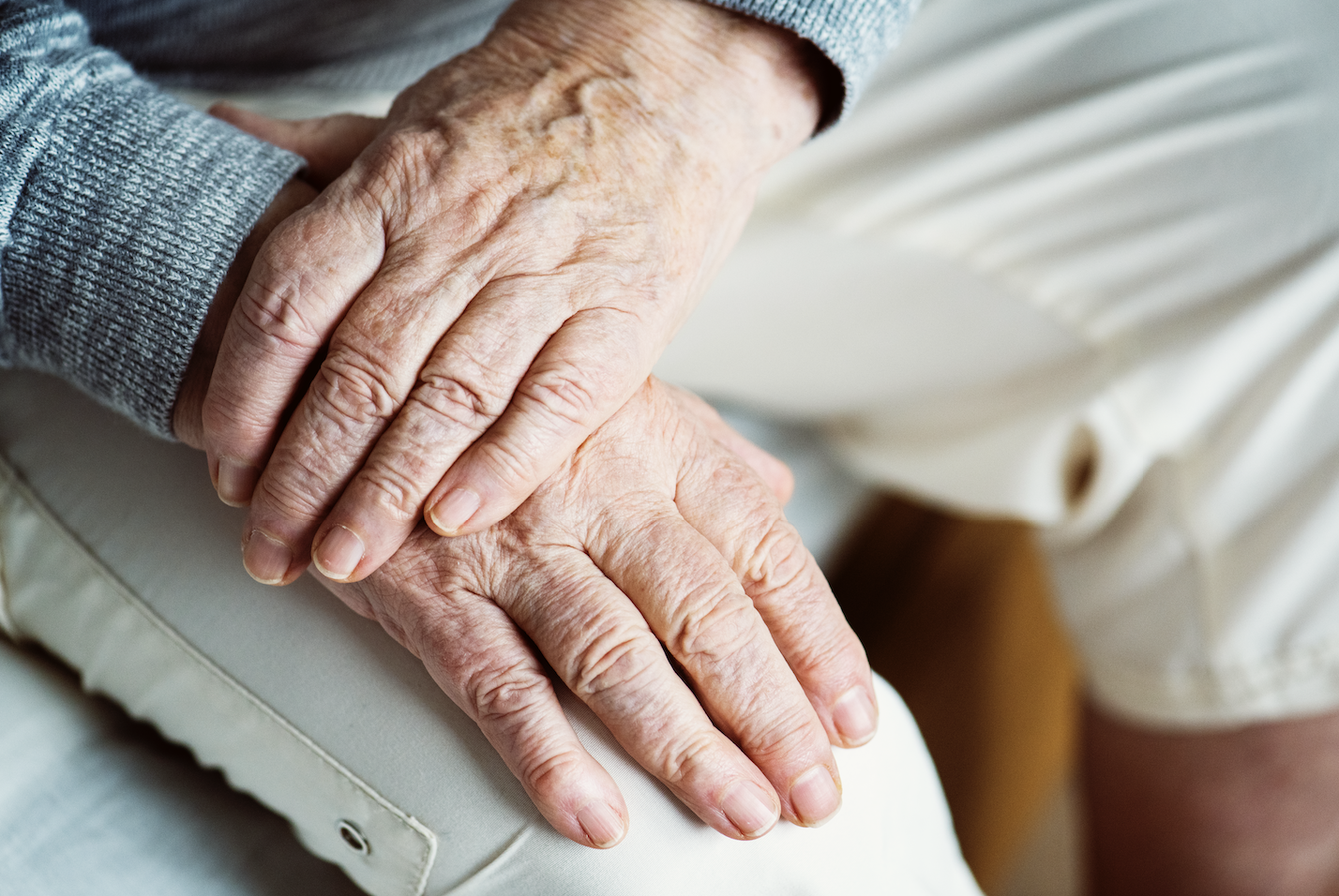
Complete Care at Home – Updated for October 2021
Author: Lisa Reisman
The Importance of Skin Care for the Elderly
The effects of aging can have a drastic impact on our skin. Veins and bones become more visible and scratches, cuts or bumps can take longer to heal. This increased level of sensitivity means it’s important that we educate ourselves about proper skin care for the elderly.
Dry Skin and Itching
One of the main culprits of skin care issues is a lack of hydration. Many seniors suffer from dry skin spots on their elbows, lower legs and forearms. When skin loses moisture it naturally begins to feel rough and scaly, which can lead to itching. Although the aging process does lead to an increased likelihood of dry skin, there are precautions seniors can take to prevent extreme dry skin conditions such as dermatitis or eczema. Here are a few preventative measures:
Avoid overuse of soaps, antiperspirants and perfumesApply moisturizer immediately after drying off from a shower or washing your handsDrink water throughout the day to replenish fluids lost in day-to-day activityUtilize heavier creams or ointments during the winter and light lotions during the summer months
Wrinkles
When it comes to wrinkles, it’s important to understand the impact that the sun has on skin, especially in this Georgia weather. Ultraviolet (UV) light causes many changes in the skin, including discoloration, age spots and wrinkles. Sunlight damages the fibers in the skin called elastin. Loss of this elastin can cause the skin to lose the ability to regain its original form after stretching, resulting in wrinkles.
Contrary to popular belief there are no miracle creams that will eliminate all wrinkles. One of the keys to maintaining as much elasticity in the skin as possible, however, is a balanced diet. Foods rich in vitamins allow the skin to get the nutrition it needs to help repair ongoing damage from the sun’s UV rays. Additionally, cigarette smoking has been shown to accelerate aging of skin and should be limited or avoided altogether.
Bruising
As you age, the production of collagen slows, and your skin begins to thin. This makes bruising among the elderly extremely common. Many medications also make the elderly more susceptible to bruising and bleeding. A bump against the counter may be all it takes to get a bruise the size of a peach. Or perhaps you don’t remember bumping into anything, yet your arm is now black and blue. If you become concerned about your mom’s recent bruising and are worried it may be part of a bigger problem like a blood disease, consult your doctor.
Although there are no treatments for bruises, you can ice and elevate the affected area to try to speed up the healing process. Remove any clutter around the house to lessen the likeliness of falls.
Skin Cancer
In addition to causing wrinkles, UV rays from the sun are also the main cause of skin cancer in the United States. Anyone of any skin color is susceptible to skin cancer, but people with fair skin and freckles have the greatest risk. Though UV rays cannot be avoided completely, it is important to limit large amounts of exposure to the sun. Long sleeved shirts and pants, as well as wide-brimmed hats can assist in shielding elders from the sun’s harmful rays. Additionally, generous amounts of sunscreen should be applied frequently whenever going outside. Changes in the skin are not sure signs of cancer; however, it’s important to see a doctor if any symptom lasts longer than 2 weeks. The earlier skin cancer is discovered, the better it can be treated.
Proper skin care for the elderly is a top priority and should be treated as such. Much of the information above will help guide you in maintaining your loved one’s overall health.
